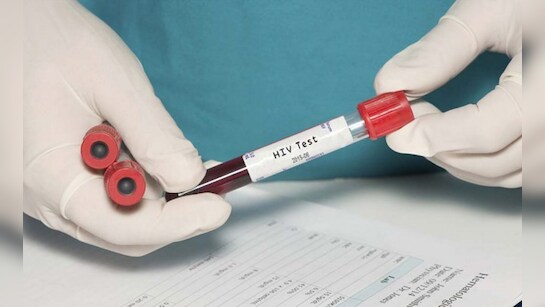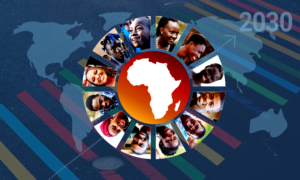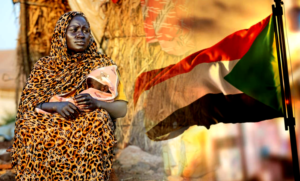HIV Vaccine Research in South Africa comes to a Standstill, Affecting Global Efforts as US Aid Cuts ensue

Just one week before scientists in South Africa were set to begin clinical trials for a promising HIV vaccine, a devastating message arrived, “Stop all work.” The email, sent abruptly, announced that the United States, under the Trump administration, was pulling off all funding for the project.
![]()
![]()
The announcement crushed the researchers, many of whom work in a region with the world’s highest number of people living with HIV. The initiative, known as BRILLIANT, had been designed to leverage the region’s unique genetic diversity and scientific expertise in the global fight against HIV. The U.S. had pledged $46 million to the effort—now, that funding was gone.
This move was part of a broader rollback of foreign aid under President Trump, who had shifted focus to domestic priorities. South Africa was hit especially hard, partly due to Trump’s unfounded claims that white Afrikaners were being targeted in the country. Previously, South Africa received around $400 million annually from USAID and the HIV-focused PEPFAR program. That support has largely disappeared.
Dr. Glenda Gray, head of the BRILLIANT program, warned that these cuts jeopardize not only South Africa’s future contributions to HIV research but global progress as well. “Africa has been central to the development of HIV medicine,” she said. “Without South Africa’s participation, the world is poorer.”
South Africa has played a vital role in groundbreaking medical research. It was a key site for clinical trials of lenacapavir, the world’s first twice-a-year HIV prevention shot, recently approved by the U.S. FDA. South African youth were involved in pivotal trials that demonstrated its effectiveness.
Gray also pointed to the country’s role during the COVID-19 pandemic, when it helped test the Johnson & Johnson and Novavax vaccines and led the world in genomic surveillance—identifying major variants.
At the University of the Witwatersrand, a team of researchers has been working on developing the HIV vaccines. In the lab, technician Nozipho Mlotshwa, dressed in a white coat, continued her work—aware her days may be numbered. Her position, like many others, is funded by grants now in jeopardy. She uses her salary to support her family and fund her education in a country where youth unemployment stands at a staggering 46%.
“It’s very sad and devastating,” she said. “We’re also losing out on collaboration with other scientists across the continent.”
The research team, led by Professor Abdullah Ely, had already seen encouraging results: the vaccine appeared to stimulate an immune response. But that progress has now stalled. “The momentum has completely halted,” Ely said.
The BRILLIANT team is now racing to secure alternative funding. Purchases of essential equipment have been frozen. According to South Africa’s health department, around 100 researchers connected to BRILLIANT and other HIV-related projects have already been laid off. Postdoctoral researchers face an uncertain future, as their funding hangs in the balance.
The government estimates that South African universities and science councils could lose $107 million in U.S. research funding over the next five years. The cuts impact not only HIV research but also efforts to combat tuberculosis, another widespread disease in the country.
Officials say it will be extremely difficult to replace the lost funding. The consequences are already visible: fewer people can access HIV medication, and the number of new infections is rising. More than 8,000 health workers in South Africa’s HIV program have been laid off, along with data collectors and rural HIV counselors who once played a key role in reaching vulnerable communities.
To prevent further damage, Universities South Africa, an umbrella group, has submitted a request for over $110 million from the national treasury to sustain critical research programs.
During a visit to South Africa in June, UNAIDS Executive Director Winnie Byanyima acknowledged the dire situation. She noted that while some countries—including Zambia, Nigeria, Burundi, and Ivory Coast—are beginning to step up their own HIV funding, it won’t be enough.
“Let’s be clear,” she said. “What they are putting down will not match what the American resources were providing.”






